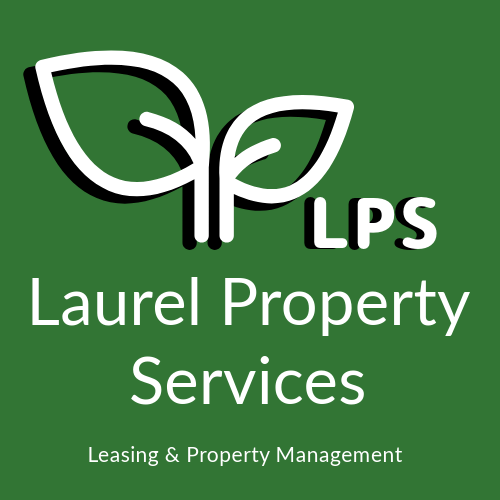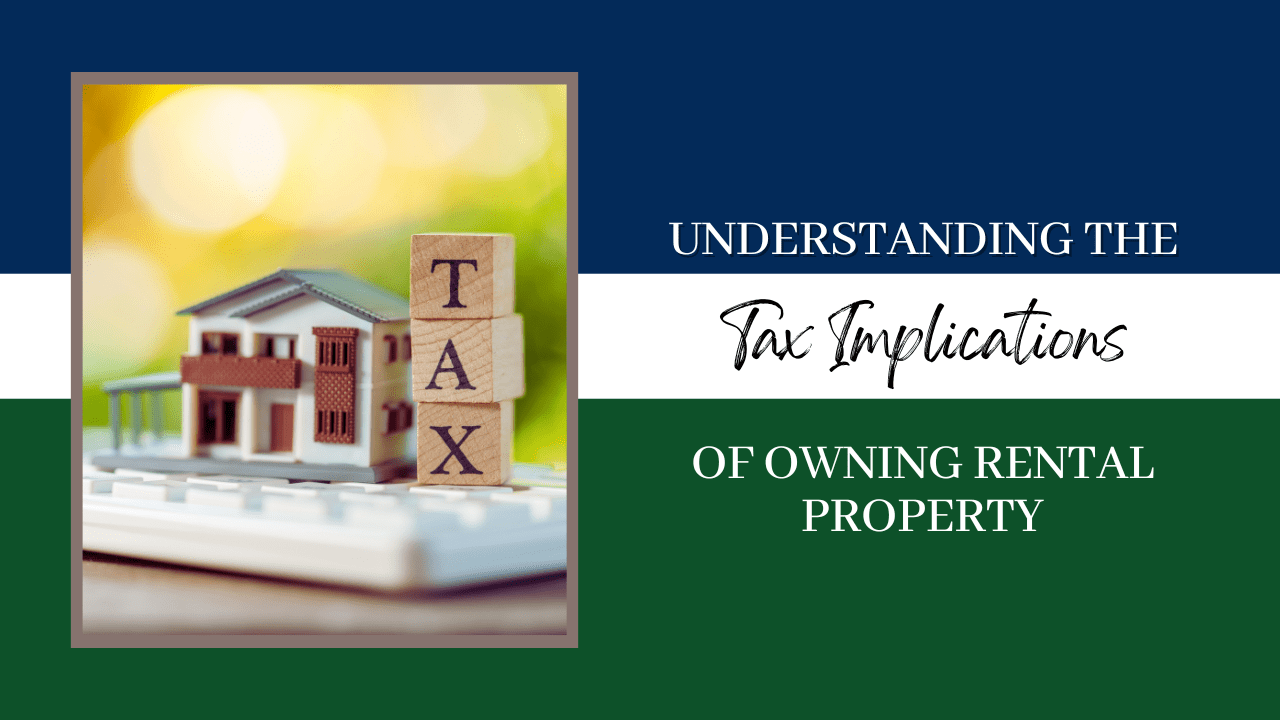Tax time can be stressful. While you may not like thinking about or filing taxes, it’s a fact of life, and it’s especially important when you’re an investor who is thinking about the last year’s earnings and expenses.
There are a number of tax implications when it comes to owning rental property in Golden, Colorado. Are you taking advantage of all the tax benefits that are available to you as a real estate investor?
The deductions you’re entitled to as an investor who owns rental properties can be an ideal way to limit your tax liability and protect your income. The benefits associated with your real estate investments will likely be greater than the tax help you get from any other investments.
However, there is a myriad of tax implications, and reporting those taxes isn’t ever easy or straightforward.
We aren’t tax experts at Laurel Property Services, but as a Golden property management company, we do work closely with investors, and we also handle a lot of accounting that pertains to investment property
Let’s talk about how to leverage your real estate investment losses into some pretty significant tax savings.
Property Values and Tax Exposure
Over the last few years, the value of your Golden, CO rental property has likely increased. Not only are you earning more rent; your overall property value has increased. The investment is worth more today than it was when you bought it.
That’s good news; it’s the whole point of investing. You want your real estate to grow in value and appreciation.
From a tax standpoint, however, this means you’ll owe more. Those property taxes are based on property values. Be aware of the increase you will likely see when it’s time to pay your property taxes. There are ways to protest what your rental home is assessed at. Talk to a Golden property management company about how to navigate that process.
Depreciation as a Tax Benefit for Golden, CO Rental Homes
Always claim depreciation when it’s available to you at tax time. Depreciation is easily one of the best tax tools for real estate investors, and it’s a fairly generous deduction provided by the Internal Revenue Service (IRS).
Every residential property will deteriorate as it ages, and the IRS allows you to write off part of the loss of value that occurs on your rental home. The IRS has established 27.5 years as the amount of time that residential property depreciates under its General Depreciation System.
You can accelerate the depreciation loss with your rental property, which will help you lower your taxable income for the year at tax time.
When it comes to taxes, precision is absolutely necessary. Be careful when you’re calculating the depreciable amount, and have an expert double-check your math. These are the basics that may help you get set up:
- You need to meet certain conditions before you’re eligible to claim depreciation as a deduction. Here is what’s required:
- The property must be owned by you.
- The property must earn rental income.
- You must be able to document the useful life of your property. This will depend on the type of rental investment you own. Everything has a different life cycle or rate at which it wears down. For real estate, this is somewhat standardized and the 27.5 years applies, unless your property is subject to the Alternative Depreciation System, in which case it’s 30 or 40 years (this is rare).
- The useful life of the property must be greater than 1 year. Nothing that wears out in less than a year can be depreciated on your taxes.
- Depreciation for your rental property is generally reported on Schedule E of a standard 1040, although there are situations in which you would use other forms. For example, Form 4562 may be used if you claim depreciation on a property in the year that you put it into service as a rental property. Consult with your tax specialist before filing.
If you begin renting out a home in one year and sell it within that same year, you cannot claim depreciation on that property.
Deducting Rental Property Business Expenses
Owning even one rental home means you basically run a small business. This is how you should be treating your rental property because that’s how the IRS sees your rental property.
This is good news; it means that many of the expenses you incur as a business owner are tax-deductible. There are a few things you should always take advantage of when you’re claiming tax benefits.
- Mortgage interest and even other interest paid on property-related loans.
- Insurance costs for your investment properties.
- Professional property management fees.
- Additional professional fees such as accounting or legal costs.
- Maintenance and accelerated depreciation on household items.
- Travel costs involved in visiting your rental properties.
Be careful with your deductions, and make sure you can back them up with the proper documentation and invoicing.
The IRS allows you to deduct only the ordinary and necessary expenses for managing and maintaining your rental property. You can make tax deductions for the money you spend preserving the asset’s value and condition. You can also deduct general business costs, for example advertising a vacant property. That’s seen by the IRS as a necessary business expense, so you can deduct that cost.
Maintenance costs can also be deducted, but you have to be specific about what you’re maintaining. And, be careful about what you consider maintenance and what is considered an improvement. The costs of materials and supplies when you’re maintaining your home are deductible. Anything that needs to be done to keep your property in good condition is acceptable.
Improvements to your property that are meant to increase its value, however, are not tax deductible. The amount you spend keeping your property safe and habitable is one thing. But, you cannot deduct for new wood floors when you decide to replace your carpet. Make sure you can separate these expenses.
The 1031 Exchange and Tax Deferrals
Maybe you’ll find yourself wanting to sell a Golden, CO rental property this year. How will you account for that on your taxes?
Most sales will come with a nice profit, and you’ll be expected to pay capital gains taxes. Unless you defer the payment of those taxes by using a 1031 exchange.
When you take advantage of this tax benefit, you will have the opportunity to sell one rental property and then use the proceeds to invest in a similar property or a series of properties. It won’t wipe away your tax liability entirely, but it will give you the opportunity to strengthen your investment portfolio and delay paying those taxes.
If you’ve never done a 1031 exchange before, make sure you understand the rules around it. They’re pretty specific. You have to make sure your property qualifies for this benefit. It’s only meant for income-producing properties. You cannot sell the home you’ve been living in and then try to buy an investment property through a 1031 exchange. Other things to know include:
- You’ll need to exchange with a like property or properties. This does not mean they have to be exactly the same. You can sell one single-family home and buy two duplexes, for example. What’s important is that the new property you choose must have a value that is the same or higher than the original property. If you walk away from the exchange with any profit, they will be taxable.
- There are specific timelines that must be followed. You’ll need to identify a replacement property within 45 days of selling your original property. Then, you have 180 days to close on the new sale. The entire exchange must take place within 180 days (meaning you don’t have 45 days plus 180 days – the clock does not reset). This can be a challenge now, with the market so hot and inventory lower than the demand. Be prepared to move quickly.
- Use an intermediary and don’t take any of the cash from the sale of your property. The intermediary will hold your funds until they can be reinvested in your new purchase. Ask your property managers for a referral.
If this makes sense to you, it’s possible to sell one rental home and invest in another without any of the tax liability that comes with selling investment property. It’s an excellent tax benefit that’s often underutilized by real estate investors.
Don’t be afraid of those real estate losses when it comes to your investment portfolio. They can actually help you at tax time, and if you’ve surrounded yourself with some great property management partners and tax professionals, you’re likely to earn more and lose less on your entire portfolio.
If you’d like to talk more about the tax benefits (and potential liabilities) that come with owning rental property, reach out to a Golden property management company like ours.
 Please don’t hesitate to contact us at Laurel Property Services, Inc. In addition to providing property management in Golden, we also serve Wheatridge, Morrison, Lakewood, Arvada, and Genesee, CO. We can make sure your property is in excellent condition and your tenants are having a pleasant rental experience.
Please don’t hesitate to contact us at Laurel Property Services, Inc. In addition to providing property management in Golden, we also serve Wheatridge, Morrison, Lakewood, Arvada, and Genesee, CO. We can make sure your property is in excellent condition and your tenants are having a pleasant rental experience.



